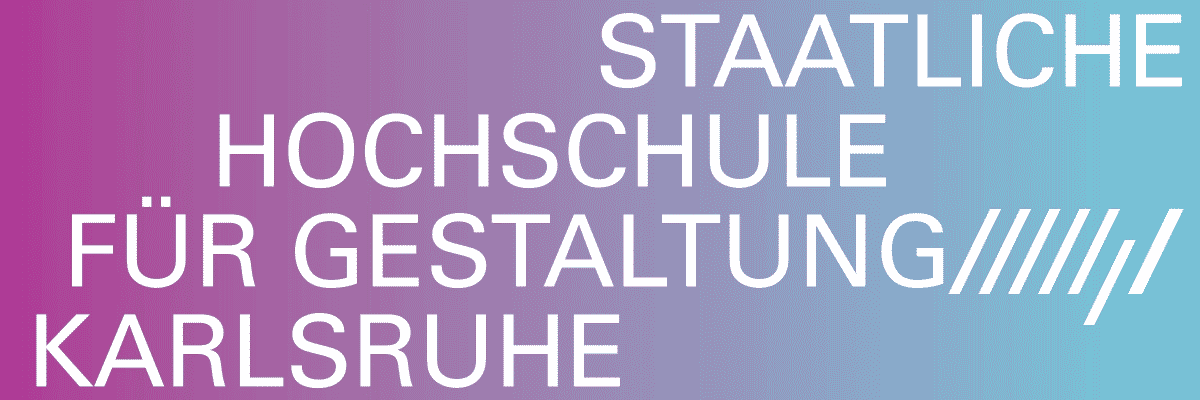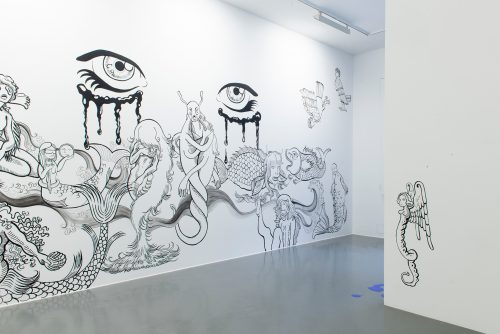
Cécile Lempert
so fragile a thing

Study of Isaac’s legs, 2023, distemper and pastel on canvas, 110 x 80 cm
Advertisement

Leaves, 2023, distemper and pastel on canvas, 60 x 80 cm

Sleeping child (II), 2023, distemper and pastel on canvas, 110 x 80 cm

untitled (thumb), 2023, distemper and pastel on canvas, 60 x 80 cm

Study of two hands with carnation, 2023, distemper and pastel on canvas, 60 x 80 cm

Isaac (I), 2023, distemper and pastel on canvas, 110 x 240 cm

Untitled, 2023, distemper and pastel on canvas, 110 x 200 cm

Holunder, 2023, distemper and pastel on canvas, 110 x 240 cm

Isaac (II), 2023, distemper and pastel on canvas, 110 x 240 cm

Untitled, 2023, distemper and pastel on canvas, 110 x 190 cm

Installation Shots

Installation Shots

Installation Shots

Installation Shots

Installation Shots

Installation Shots

Installation Shots

Installation Shots

Installation Shots
Cécile Lempert’s paintings evoke a cinematic world of ambiguities, shifting between
the tender and loving to the violent and eerie. Lempert’s first solo presentation with
Efremidis oscillates between images of tactile proximity and emotional distance.
Selecting imagery from a personal archive of film stills, family snapshots and borrowed
details of European masters, she depicts moments of intimate or invasive touch, while
looming close-ups capture the murmuring of a mind behind the closed door of a face.
The exhibition’s title references a musical composition by Cassandra Miller, which is
in turn taken from a letter from philosopher Simone Weil to her friend Gustave Thibon,
where Weil laments the extraordinary vulnerability of human life: “Human existence is
so fragile a thing and exposed to such dangers that I cannot love without trembling”.
In Lempert’s paintings, this trembling fragility is expressed throughout the paintings’
subjects, as well as through her application of the medium. Translucent washes
are applied in layers, revealing the process of their construction, so that there is a
sense of seeing through to something within and behind the image. For Lempert,
this building of translucent layers is akin to dismantling the image and putting it back
together again – a way of seeking intimacy and understanding.
A distinctive feature of Lempert’s paintings is her incorporation of a split-screen
format. Two almost identical images are painted side by side with a subtle shift
between them, like adjacent frames cut from a strip of analogue film. With this split,
Lempert depicts a temporal ‘gap’: a fragile yet decisive border where one state
transitions to another. The doubling encourages the gaze to flick back and forth in
search of disparities and narrative clues, introducing an uneasy fracture to the veracity
of the image.
The split-screen format is a refrain throughout Lempert’s practice. Lempert’s paintings
are full of stops, pauses and uneasy stillness. From contemplative gazes to physical
intrusions, repeatedly she presents us with images of bodies stalled or jarred. One
such ‘stop’ is a cropped and doubled detail from Rembrandt’s The Sacrifice of Isaac, in
which Abraham’s hand is clamped tightly over Isaac’s face, obscuring his expression
and pushing back his head to expose a pale, naked throat. While the focal point of
Rembrandt’s original is arguably the glittering stillness of a knife suspended mid-air
– knocked from Abraham’s hand by an angel at the crucial moment – Lempert’s crop
instead selects a moment of profound physical contact between two bodies. Simone
Weil’s trembling anticipation again comes to mind: what Lempert is showing us here is
a profound moment of presence, paused on the cusp of loss.
Cécile Lempert studied at Kunstakademie Düsseldorf with Peter Piller and Stefan
Kürten and graduated in 2021.




